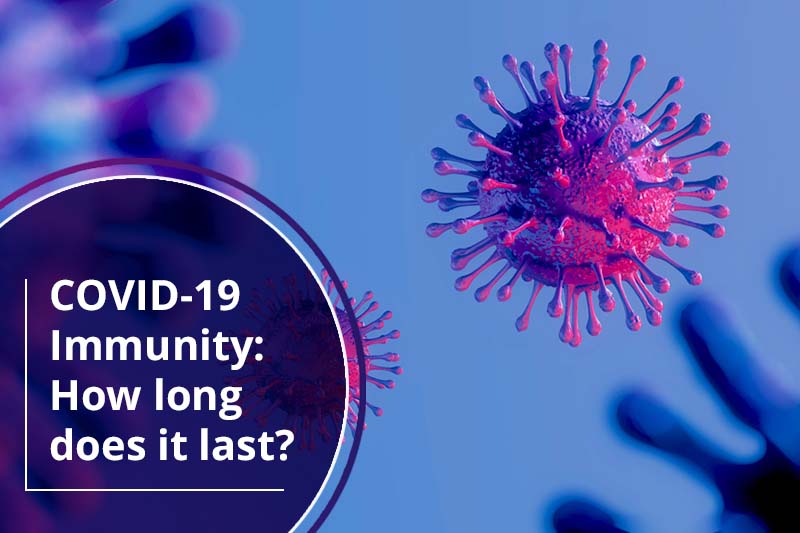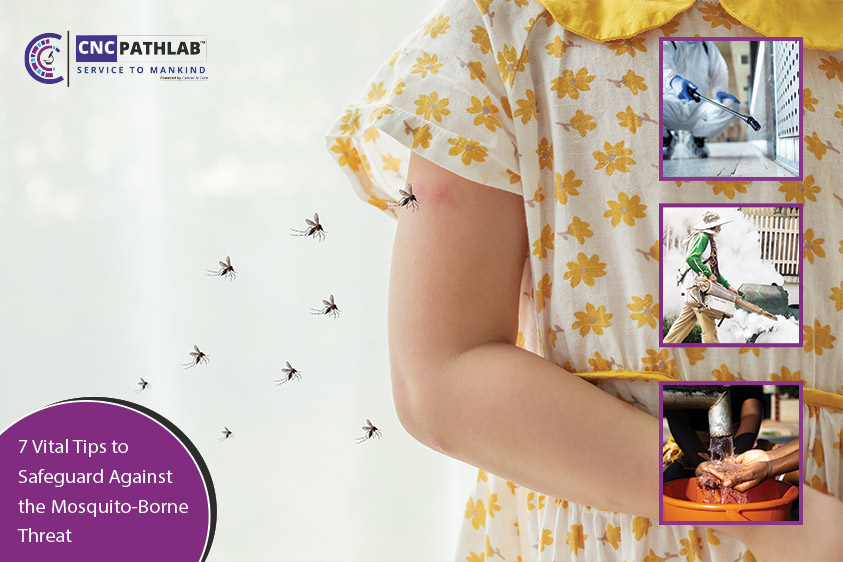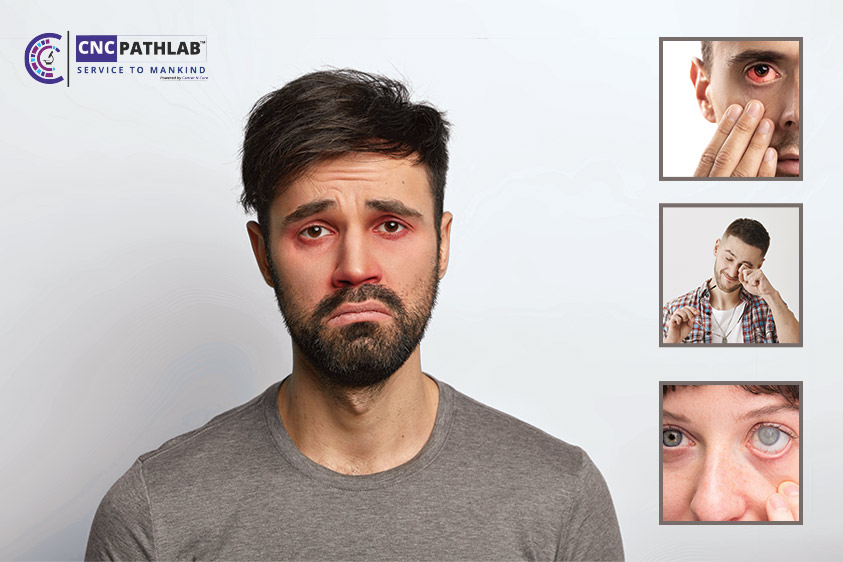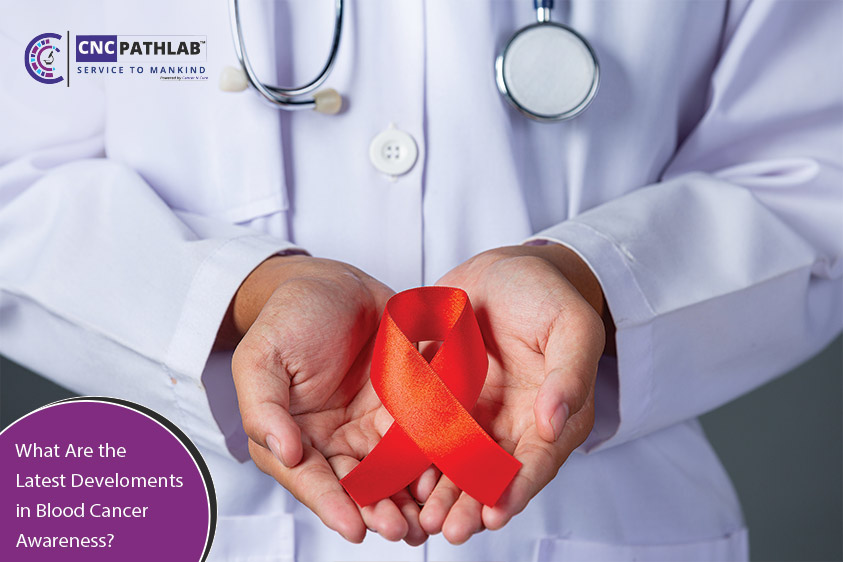COVID-19 Immunity: How long does it last?
Before we decide on the COVID-19 Immunity based on the antibody test results, we must understand the modalities of these tests. A general prevailing misconception is that the presence of antibodies in the blood exclusively determines COVID-19 immunity. Antibodies indeed form an integral part of our immune system, referred to as humoral response. The other crucial factor that determines the protection against any disease, and in this case, COVJD.19, is the presence of memory B and T cells. That means the protective Immunity of a person may be higher than what the antibody tests may suggest. Why is there a general perception that the antibody response defines COVID immunity? The answer for this lies in the sheer simplicity of the detection methods available for antibody tests. The procedure is so simple that home tests are available to check the level of antibodies in the blood in many countries.
On the contrary, detection of memory B and T cells involves complex procedures and laborious assays, mostly confined to research laboratories. These technical challenges have endorsed the idea that the results based on antibody tests alone can determine COVID-19immunity. Naivety has persuaded the general public to believe that presence or absence of SA.RS.COV-2anti bodies determine whether a person has long-lasting Immunity or not through this article. I will also discuss the durability of Immunity acquired after recovery from COVID-19 infection and life-saving vaccines.
What do memory T and B cells indicate about COVID-19 Immunity?
The immune system of humans has an excellent memory system in place, which is conferred by the specialized blood cells called lymphocytes. Two types, in particular, B and T lymphocytes, are essentially involved in long-term protection. These protective cells majorly reside in the bone marrow, and hence the test to detect them is difficult. These cells get activated after infection or re-injection; B cells eventually mature into APCs and secrete the Ab, and T cells directly eliminate the infected cells. While present in the blood during infection, these cells disappear from the circulation after the injection subsides and home in the secondary organs like bone marrow, skin, lungs, etc. So, when the virus infects the person for the second time, the severity of symptoms is determined not just by the presence of antibodies in the blood but also, in some instances, chiefly determined by the memory T and B cells present in the peripheral tissues.
How long does the COVID-19 protective Immunity last?
Other emerging questions are how long does the Immunity last in recovered COVID-19 patients and those who received vaccination? Many recovered patients have adequate antibody levels detected in the blood, though the stories vary broadly. However, as mentioned above, it is not just the antibodies, memory B and T cells, while antibody levels may not always be consistent.
Nevertheless, more studies are warranted to provide a comprehensive picture of how long the natural Immunity against COVD-19 lasts. Interestingly, studying the people who have received the COVID-19 vaccines, a study conducted in the USA found that vaccines confer Long-lasting protection. More importantly, it was shown that vaccines generate a robust memory B cells response and thus possess more vigorous defense than granted by the natural infection. A few contradicting reports have also been published, suggesting heterogeneity in COVID-19 Immunity.
What do antibody tests indicate about COVID-19 Immunity?
Protective antibodies are produced either in response to SAR-CoV2 infection or after the vaccination. These antibodies are produced by B-lymphocytes or antibody-secreting cells (ASCs). Upon release, the antibodies prevent the entry of the virus into the human cells and thereby neutralizes it in the process. Thus a quick way to find if recovered COVID-19 patients and those who have received the vaccination have developed Immunity is to check the levels of these antibodies in the blood. Routinely, two antibody tests, IgG & IgM, are done in the blood to test the level of these antibodies. Recent Scientific studies on COVID-19 have suggested that these Ab levels peak within 3weeks of the infection and then start declining. Some recovered patients may even show negative in the Ab test after few months.
But primarily, emerging scientific evidence suggests that COVID-19 Immunity may be long-lasting. Be ii through natural infection or vaccination. In summary. Antibody levels are not the sole determinants of
protection against the SARS-CoV-2 disease. One chance of re-infections is infrequent as the Immunity from both natural infection and through vaccines is long-lasting. That said, we still have a long way to go before we have a comprehensive understanding of this deadly disease so, more scientific data is needed to know whether the COVID-19 Immunity lasts a lifetime or wanes. Therefore, caution should be exercised when presenting the findings of scientific studies to the general public, which are mostly ignored by news reports and social media platforms.


.jpg)


.jpg)
